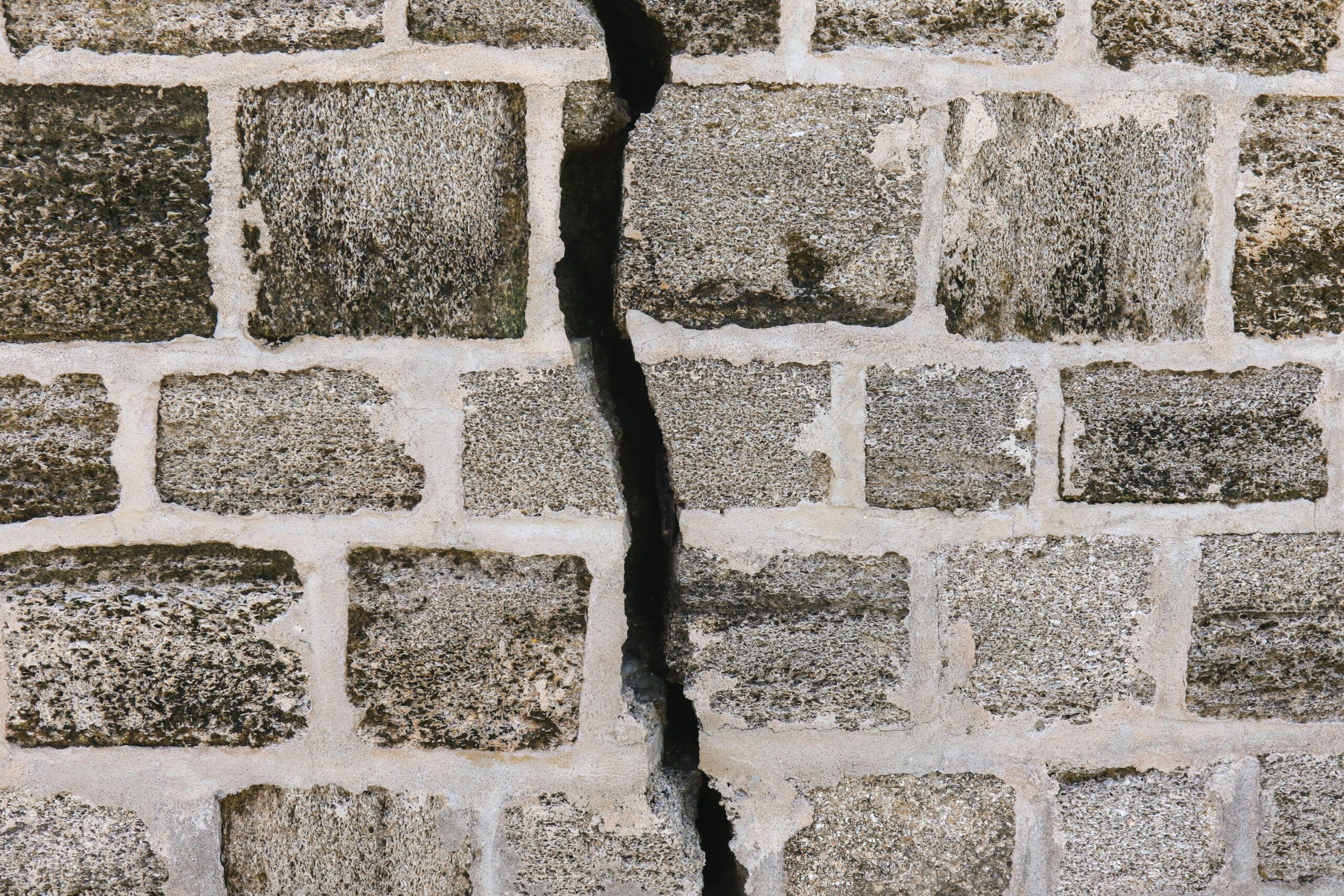
15 Feb Can Underpinning Fail?
If for some reason the foundations of your home (or any building) become inadequate to keep the structure stable, you have a choice between risking it collapsing in the end or having the foundations underpinned. This house underpinning process can be quite expensive (although it may well be covered by your insurance), but it will safeguard your home.
But will the house underpinning process last? Could the underpinning fail?
Is Your Underpinning Expertly Done?
The most obvious reason why underpinning might go wrong, of course, would be if the job isn’t done properly. Whether you’re going for traditional mass concrete underpinning or for the minipiling techniques more favoured today, underpinning is only as good as the contractor who installs it.
If the underpinning isn’t installed correctly, it will be less effective, or even fail altogether. In these circumstances, it may not be sufficient to protect against a return of the subsidence, heave or whatever the original problem may have been. This is why it’s vital to make sure you hire a specialist contractor with a great track record for underpinning.
Have New Issues Arisen?
Underpinning should be designed to address the problem at hand, but other issues could arise that weren’t a problem at the time. For example, the original underpinning may have been because of old mine-workings beneath the building, but you could still have problems later from tree roots growing under the house or leaking drains making the soil weak.
These could potentially cause damage even to underpinned foundations if they’re allowed to go on unchecked for long enough. On the other hand, stronger foundations are likely to resist better, giving you time to address the cause. In these cases, for instance, removing the tree or fixing the drains should leave your foundations strong again.
Underpinned Foundations Are Strong
The whole point of underpinning your foundations is to leave them stronger and more able to cope with any future strain on them. This means that, whether the threat is from an existing condition or a new one, the underpinning should be strong enough to deal with it.
In general, a new disruption would need to be extreme for the underpinning to fail — a major earthquake, for example. Even then, your underpinned home is likely to resist better than many with only their original foundations.
In the end, no construction lasts forever, and even a building with the strongest foundations will eventually collapse. However, if the contractor has made a good job of underpinning your home, it should be secure for the foreseeable future.
Give us a call if you want to find out more about how expert underpinning can help secure your home.




